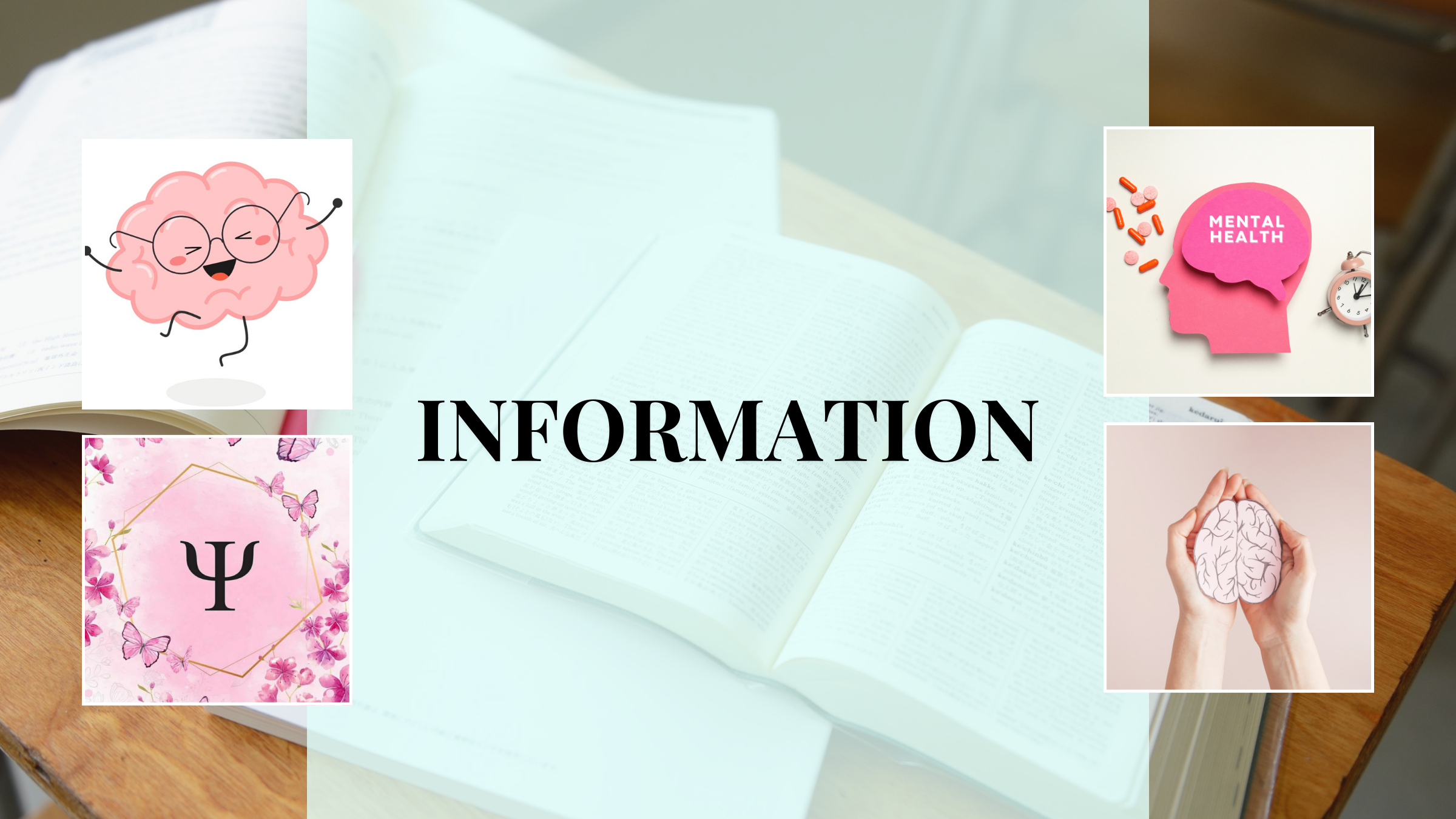
Let's dive into some useful Information !!
Psychology is one of the optional subjects for the UPSC Civil Services Mains exam. It deals with the scientific study of human behavior, mind, and applications in daily life.
Structure:
Paper I – Theoretical foundations (learning, memory, intelligence, personality, research methods, etc.).
Paper II – Applied aspects (mental disorders, therapies, organizational psychology, education, community psychology, etc.).
Advantages of Choosing Psychology
01
Interesting and Easy to Grasp
Even non-psychology graduates find the subject engaging since it deals with human behavior, mind, and emotions—things we all experience in daily life.
02
Overlap with General Studies
Several topics overlap with GS Paper IV (Ethics, Attitude, Emotional Intelligence), Essay, and even Interview preparation, reducing extra effort.
03
Scoring Potential
Psychology has good scoring potential because of its well-defined syllabus and clarity of concepts.Many candidates score 260–300+ marks, making it one of the rewarding optionals.
04
Practical Applications
Topics like motivation, learning, leadership, and mental health can be applied to real-life situations, policies, and governance, making answers more relevant.

Psychology Syllabus
The Psychology syllabus for UPSC is divided into two papers.
Paper I covers the foundations of psychology, including the definition and methods of psychology, research methods, and the biological basis of behavior. It also includes topics such as sensation, attention, perception, learning, memory, thinking, intelligence, and aptitude. Other important areas are personality, motivation, emotions, attitudes, and language and communication.
Paper II focuses on the application of psychology. It deals with psychological measurement of individual differences, well-being and mental disorders, therapeutic approaches, and various applied fields. These include the psychology of education, work and organizational psychology, community psychology, rehabilitation psychology, social integration, and the application of psychology to disadvantaged groups. It also covers areas like environmental psychology, gender issues, psychology of terrorism, military psychology, sports psychology, and applications in mass media and information technology.
Additional Key Points
Paper Pattern: Both Paper I and Paper II carry 250 marks each (total 500). Questions are descriptive, with a mix of theory and application.
Nature of Questions: UPSC often asks for critical analysis, comparisons of theories, and practical applications rather than just plain definitions.
Trend: In recent years, Paper II (applied psychology) has become more application-oriented, with questions linked to real-life issues such as mental health, education, social change, and technology.
Strategy & Preparation Plan
Here’s a step-by-step strategy, along with suggested timelines, so you can aim for high scores (~260-300+ in Psychology Optional, which many consider “good” benchmark). Adjust based on how much time you have.
| Phase | What to Do | Time-Needed / Suggested Schedule |
|---|---|---|
| 1. Orientation & Syllabus Familiarization | • Read through the full syllabus, mark topics you are weak in. • Gather good resources (books, notes, coaching / online lectures). • Solve 1-2 past year question papers to see pattern. • Prepare “map” of topics: which are theory heavy, which application heavy. | If starting early, spend about 1 week. If late, compress to 3-4 days. |
| 2. Build Conceptual Base (Paper I & II) | • Begin with foundational topics: Research methods, learning, memory etc. • For applied topics (Paper II), study mental disorders, therapies etc. • Use standard books + recent research + case studies • Make your own notes (concise + with diagrams/tables) • Weekly revision of topics covered | If you have ~6-8 months before Mains, allocate ~3-4 months to cover all theory & major applied topics thoroughly. |
| 3. Answer Writing Practice | • Once you have covered basic theory of most topics, start writing answers from PYQs & topic-wise questions. • Get your answers evaluated by mentor/coaching or peer. • Focus on structuring answers: Introduction, theory, empirical studies, application, challenges, example, conclusion. • Work on clarity, diagrams, presentation. • Do timed writing. | Last 2-3 months before Mains should have heavy answer writing + revisions. Also mix in test series. |
| 4. Mock Tests / Test Series / Revisions | • Join a mock test series specific to Psychology Optional (coaching / online) • Do full-length mocks (both papers) • Revise weak topics identified in mocks • Maintain summary notes, mind maps for quick recall • Revise latest studies / research / examples • Keep up with current trends or issues related to psychology (e.g. mental health policies, research findings) to enrich answers. | Last 1-2 months: frequent mocks (maybe 4-5 full mocks), plus continuous revision. Ongoing smaller revisions throughout preparation. |
| 5. Integrate with GS / Essay / Interview | • Many psychology topics overlap with GS IV (ethics, values, mental health, attitude). Use optional preparation to strengthen GS. • Gather examples/anecdotes also useful for essay. • Interview stage: be ready to explain why you chose Psychology, what current mental health challenges exist, research etc. • Keep abreast of any policy, new studies, etc. | Throughout: optional prep should not be isolated. After result of mains, for interview, refine your perspectives. |
